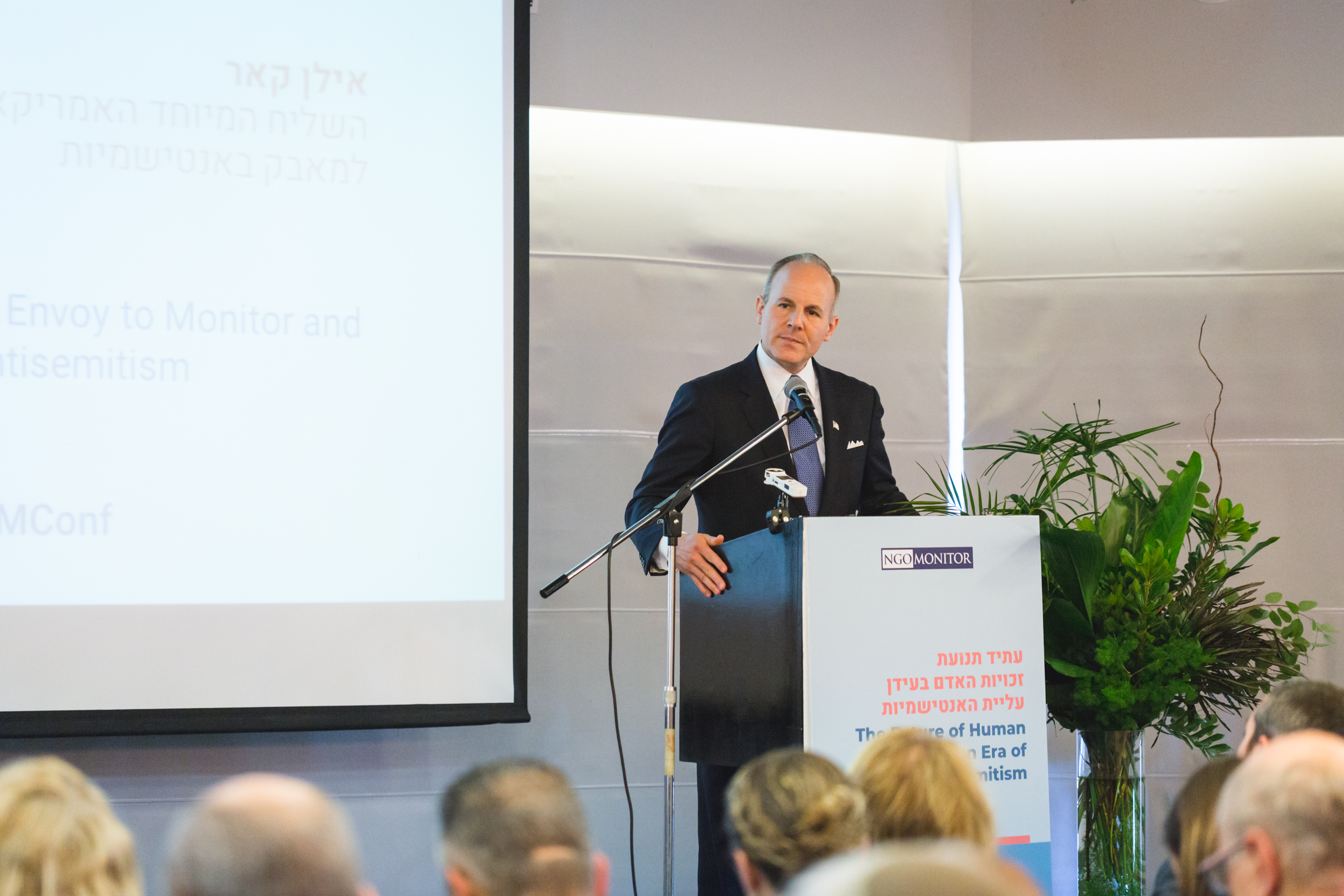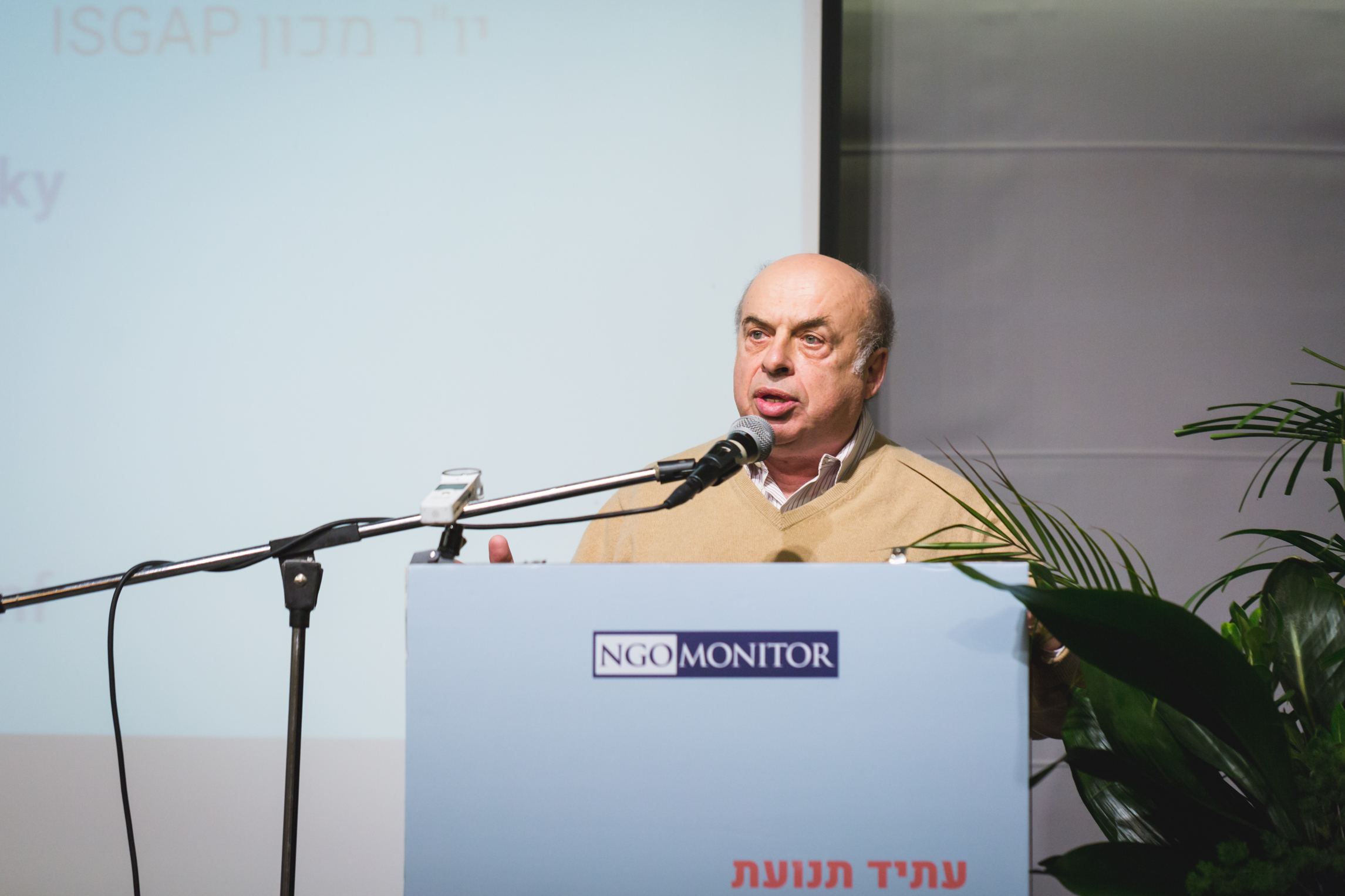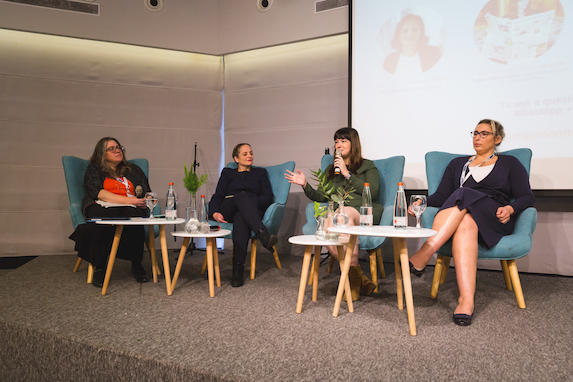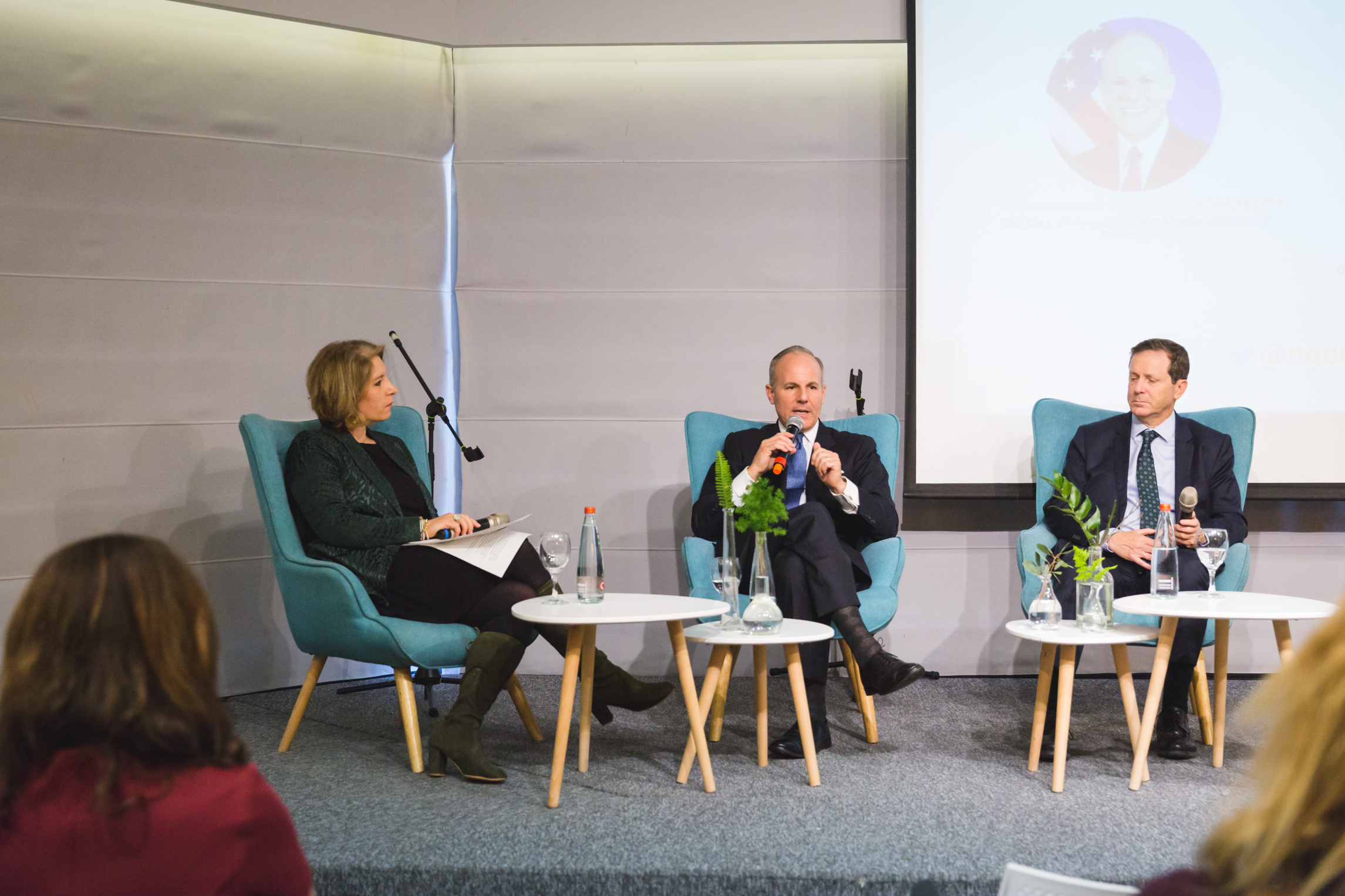Most well-intentioned international political initiatives do not end well, and the International Criminal Court is no exception. The ICC was created in the context of the negotiations that ended in 1998 with the Rome Statute, and already then, it was clear that Israel was a primary target, particularly for the Arab states and for the anti-Israel groups that claim to promote international law and human rights. The façade may be legal, but in practice, this is a political institution.
For the past two decades, these political actors have continuously led campaigns aimed at bringing Israel before the ICC, spending tens of millions of dollars, euros, and pounds. One of the leaders of this industry is Human Rights Watch, which during this entire period has been led by an obsessive anti-Israel activist (Kenneth Roth). Roth hired numerous anti-Israel activists, including Omar Shakir. Amnesty International has run a similar effort, although with less impact. In parallel, a number of Palestinian NGOs closely linked to the PLO and to the PFLP terror organization have added to the campaign, accompanied by the usual Israeli groups.
European government funding has been essential for this process. Four Palestinian NGOs – Al-Haq, Al-Dameer, PCHR, and Al Mezan – have been directly funded by the Swiss, Dutch, Swedish, and Danish governments and their grants specify the documentation of "war crimes" and similar accusations. Other groups involved in this process are funded by the EU, the UK, Belgium, Germany, and other countries.
The accusations made by these groups have been copied automatically and promoted intensively by the UN Human Rights Council and on media platforms. The reports began in 2002 with the false "Jenin massacre" allegations, followed by many others, including the 2009 Goldstone Report and this year, the UN’s report on the Gaza border confrontations. All largely ignore Palestinian terrorism and rocket attacks, thereby making the accusations of Israeli "war crimes" stand out.
In theory, the ICC’s objective is to provide a framework for holding the world's worst tyrants and war criminals to account, particularly in countries where there are no functioning courts or governments to hold them to account. The massive campaign designed to artificially force Israel to the center for the court’s agenda not only erases the history of the conflict, but more importantly, is fundamentally immoral.
Given this background, and after 21 years, the decision of the prosecutor was largely predictable. Unfortunately, the Israeli government was slow in understanding the threat and the requirements for a successful strategy. The defensive approach, led by lawyers in the IDF and elsewhere, was based on attempts to show the court that the Israeli judicial process made external intervention redundant. But because the ICC is a political body, these efforts were ignored.
In contrast, an aggressive political and diplomatic strategy, based on threatening the ICC's already thin budget and perhaps its survival, can still defeat this effort. The US, which, like Israel, did not sign the Rome Treaty, has already condemned the move, but American pressure alone is probably insufficient to deter the prosecutor.
Washington and Jerusalem need to expand this counterattack to other democracies whose sovereignty is threatened by the ICC. The UK, led by Prime Minister Boris Johnson, is a likely ally – British soldiers sent to fight in Afghanistan and Iraq are also targets of NGO-led campaigns at the ICC. Australia and perhaps Canada are also potentially allies too.
The question is whether Europe, despite its support for the NGOs involved in this travesty, will find the necessary political backbone. If countries like Holland, Norway, and Denmark tell the court that their survival depends on ending this anti-Israel, and, many will argue, anti-Semitic witch hunt, they can undo some of the damage.








 Arts and Entertainment
Arts and Entertainment Business and Industry
Business and Industry Computer and Electronics
Computer and Electronics Games
Games Health
Health Internet and Telecom
Internet and Telecom Shopping
Shopping Sports
Sports Travel
Travel More
More